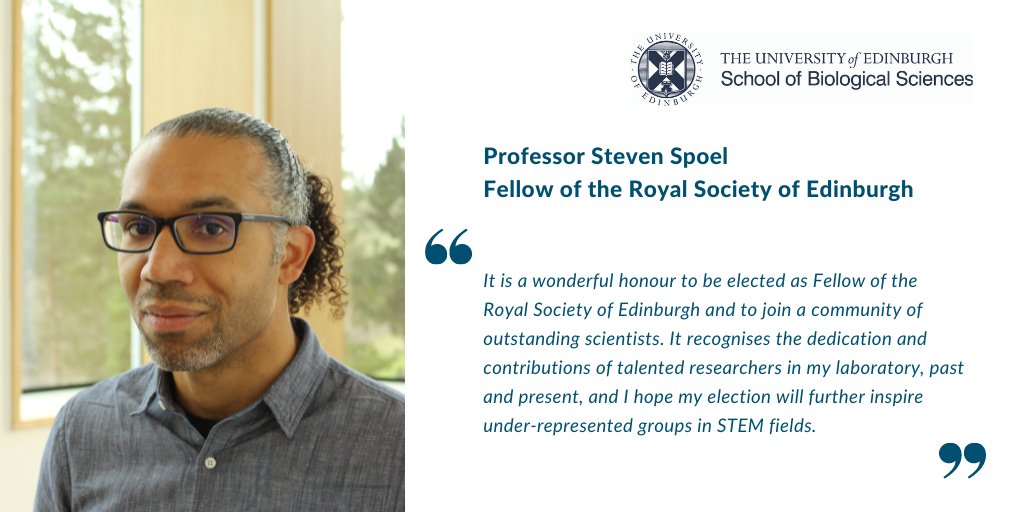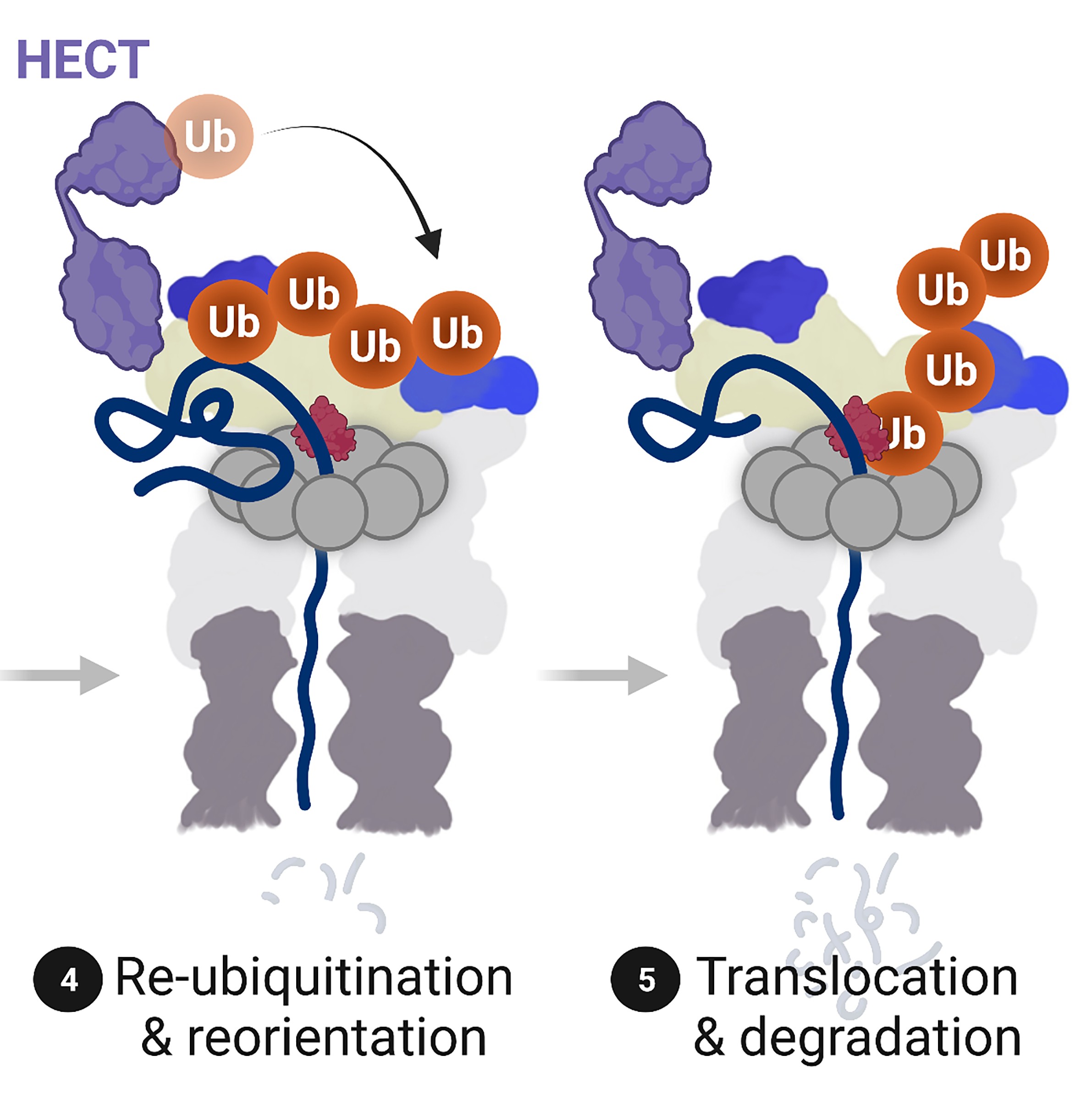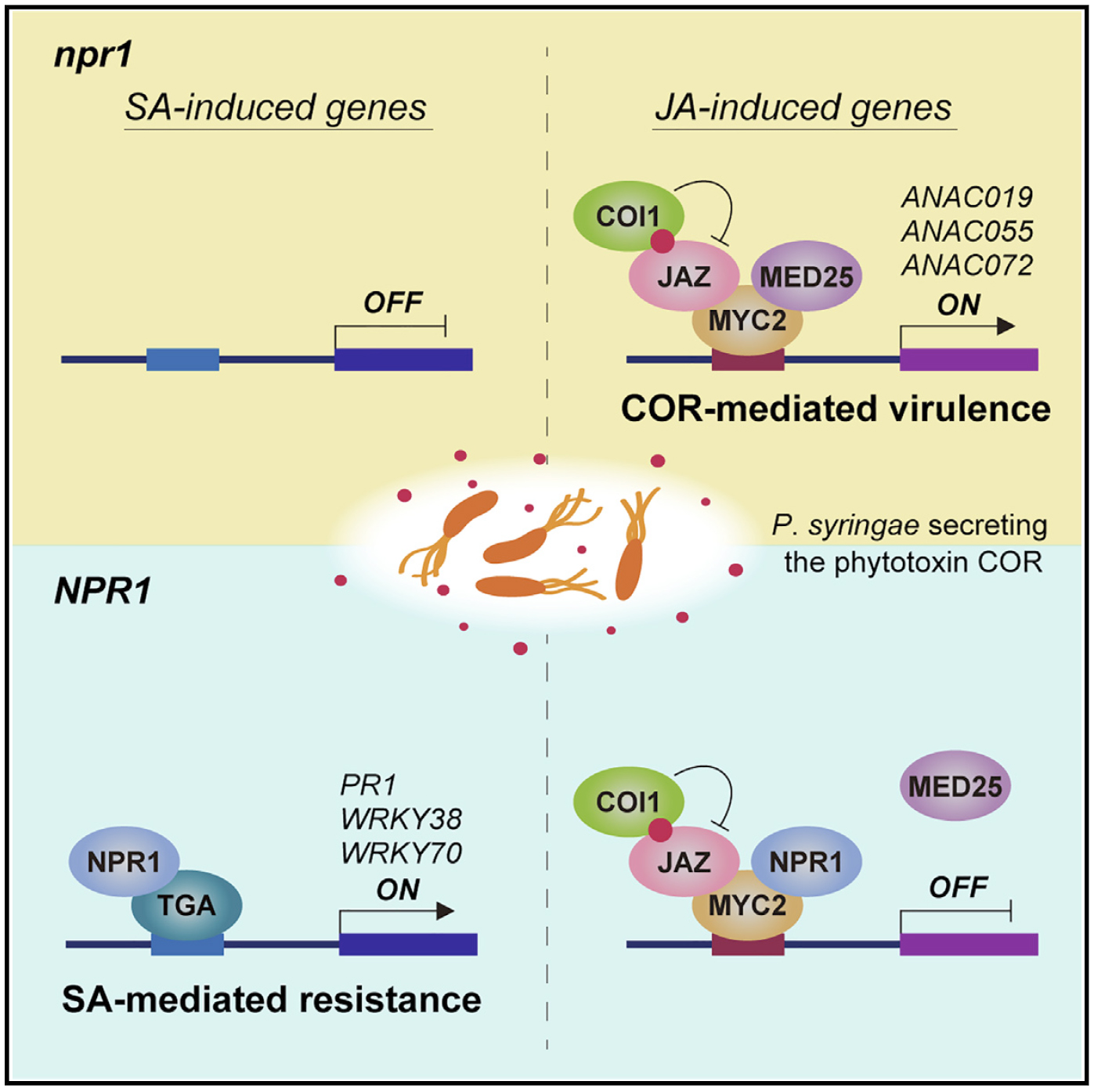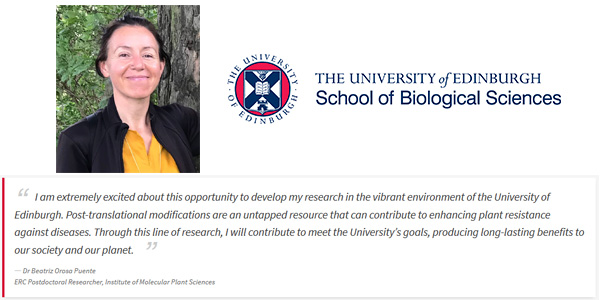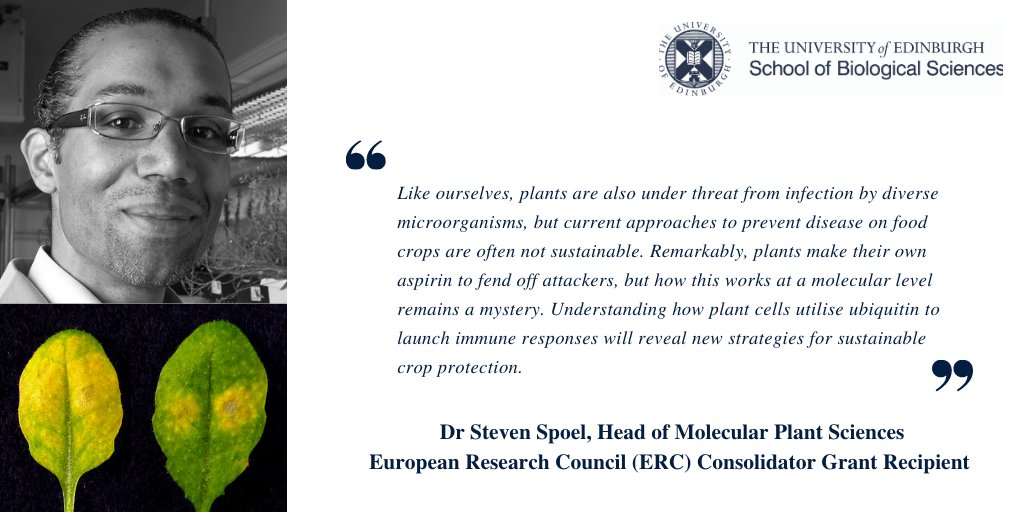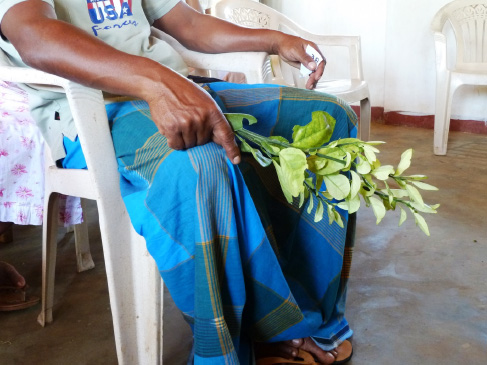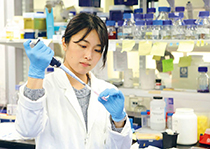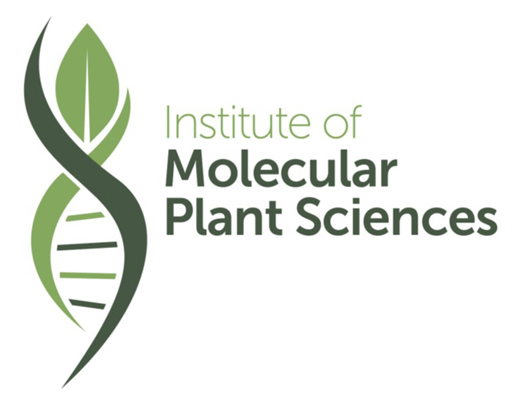 Our lab explores the mechanisms by which multicellular organisms reprogram gene expression in response to changes in their environment, a skill that is vital for cells and organisms to survive.
Our lab explores the mechanisms by which multicellular organisms reprogram gene expression in response to changes in their environment, a skill that is vital for cells and organisms to survive.
Steven Spoel elected Fellow of the Royal Society of Edinburgh
Professor Steven Spoel has been named a Fellow of the Royal Society of Edinburgh within the 2023 cohort. The Royal Society of Edinburgh Fellowship comprises some of the greatest thinkers, researchers and practitioners in their field working in or with organisations in Scotland today. A total of 91 fellows were elected to join the current roll of around 1800 fellows representing the sciences, arts, business, sports, civil society and academia from across Scotland and beyond.
Ubiquitin ligase relays that terminate at the proteasome
The stability of gene activators is regulated by the proteasome, a cellular trash bin for proteins. This ensures cells express appropriate levels of each gene. We discovered that gene activators are sequentially modified with chains of the small protein ubiquitin added by different ubiquitin ligases. Such ubiquitin ligase relays not only target gene activators to the proteasome, they also prevent them from stalling at the proteasome, ensuring high degradation efficiencies.
Spoel & Tada labs solve plant hormone interaction riddle
More than 18 years after identifying the NPR1 gene regulator as a mediator of cross talk between the plant immune hormones salicylate and jasmonate, the Spoel and Tada research groups partnered up to reveal the molecular mechanism. These findings finally elucidate how plants suppress the virulence effects of the phytotoxin coronatine secreted by the devastating bacterial leaf pathogen Pseudomonas syringae.
Dr. Beatriz Orosa awarded Chancellor's Fellowship
Spoel Research Group awarded €2M in ERC funding
Plant Health report on Huanglongbing citrus greening pandemic
Spoel group members Lindsay Williams, Jade Bleau and Beatriz Orosa publish a historical overview of Huanglongbing citrus greening disease and its economic, social and environmental impacts. The report was sponsored by the British Society for Plant Pathology (BSPP) and is part of a series of an historical overviews of plant pandemics.
Women's leadership promises a bright future: Dr. Mika Nomoto
The Government of Japan's "We are Tomodachi" magazine publishes an article on long-term collaborator and L'Oreal-UNESCO Women in Science Award winner, Dr. Mika Nomoto, who was on sabbatical in the Spoel Research Group. The article highlights the need for increased diversity in science.
Ubiquitin chain length determines activity of gene expression activators
The Spoel Research Group publishes a paper in eLIFE reporting a new mechanism by which gene expression activators may be regulated. Activator modification by ubiquitin chains of dynamic length is shown to underpin functional gene expression responses during onset of plant immunity.
